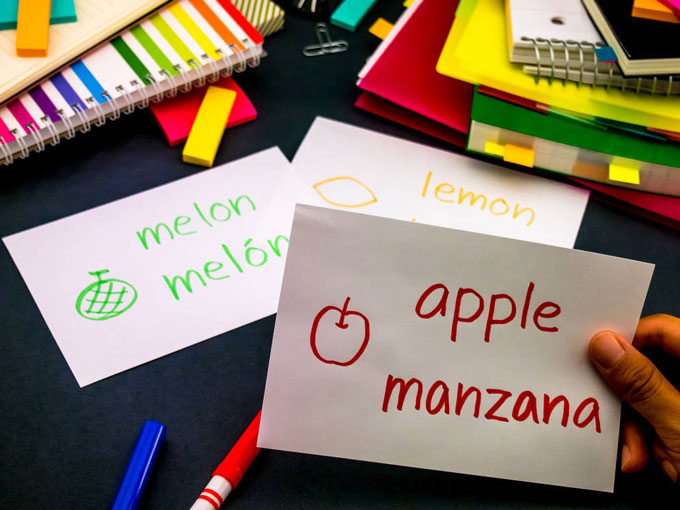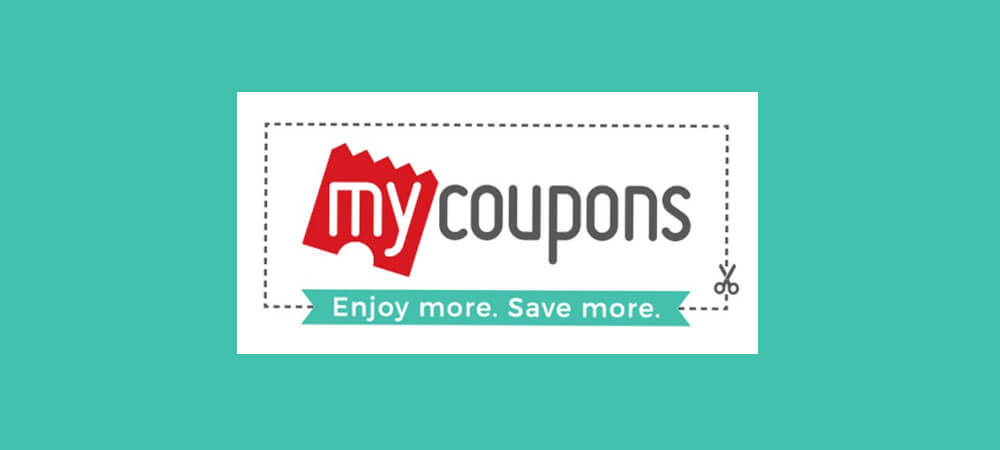Flashcards are nothing more than slips of paper – which you easily cut out by yourself – on which you write a question on one side and its answer on the back. You create as many as there are concepts you need to memorize; you make them up with a nice rubber band and your quick study pack is ready. Super simple!

As you can easily deduce even on your own, flash cards do not base their functioning on your visual memory, because they are all identical pieces of paper that contain words and phrases, not images. Of course, if you want you could choose to get your papers from sheets of different colors and maybe dedicate each color to a macro category of topics, just to give a minimum of differentiation and order.
But still, the principle that flashcards work and promise to help you remember is repetition! That is, through the repetition of concepts you go to assimilate and remember them. Therefore, a very simple principle that anyone can put into practice without the need for exercise or excessive preparation.
Talking about excessive preparation, if you want to avoid one with your essay, you can turn to a skilled essay writer online, who would be able to help you finish your essay on time.
How Are Flash Cards Made?
We said that creating our cards is very simple. You just need to equip yourself with sheets, those of the printer are fine, fold them twice in half and cut out rectangles of equal size. I recommend, do not getting carried away by the instinct to make origami and not overdoing it with the folding of the sheet.
The cards must be large enough to be able to write clearly on them. Speaking of writing on it, try to use large, clear, and vivid handwriting so that you also really want to study using flashcards!
What To Write On Them?
Simply, while you are studying the manual or the notes, every time you dwell on a concept to memorize, take your piece of paper and on one side write the question, the information, and the data that must elicit an answer. Build all your cards like this, the question on one side and the answer on the other. Depending on the type of information you will have to memorize your flashcards will be very concise or a little more discursive. Once finished, set them aside stacked so that the visible side is the one containing the question.

How Are They Used?
Now that you have all your beautiful flashcards stacked neatly with the question side facing you, there’s no time to get started. Take the first one, read the question and try to answer yourself. After doing this, check if your answer is correct and move on to the next card. And always proceed like this! Very simple, isn’t it?
A trick I want to give you to study with flashcards is the following. While you are trying to answer the questions create two packs of cards:
- a deck dedicated to the cards you answered correctly, those that you have already memorized.
- and a deck dedicated instead to those cards to which you have not been able to answer, or you have done so with difficulty or only partially.
So, you can do a second memorization step by focusing exclusively on the cards that you did not remember in the first phase! And you can go on with this distinction until you have memorized all your flashcards.
How Often Should They Be Repeated?
To make the flashcard technique really effective you need to know exactly when and how many times to go over them! And it is precisely at this point that the mechanism of spaced repetition comes into play.
It is a mechanism theorized by Mr. Ebbinghaus who dedicated many years to the study of the oblivion curve, which I have already told you about in the article dedicated to how to review so as not to forget anything. Basically, the gist is that our mind tends to forget things immediately after learning them and the only way to consolidate the memory is to repeat it.
But the repetition must follow a logic. Repeating everything the day before the exam is absolutely different (and not very useful) compared to carrying out a repetition during the various days preceding the exam.
And I’m not telling you this because I like to do that, and you just have to listen to me. But because it has been scientifically proven that delayed repetition, over time, is much more effective as it “thins” this oblivion curve, according to which we tend to forget information.

















